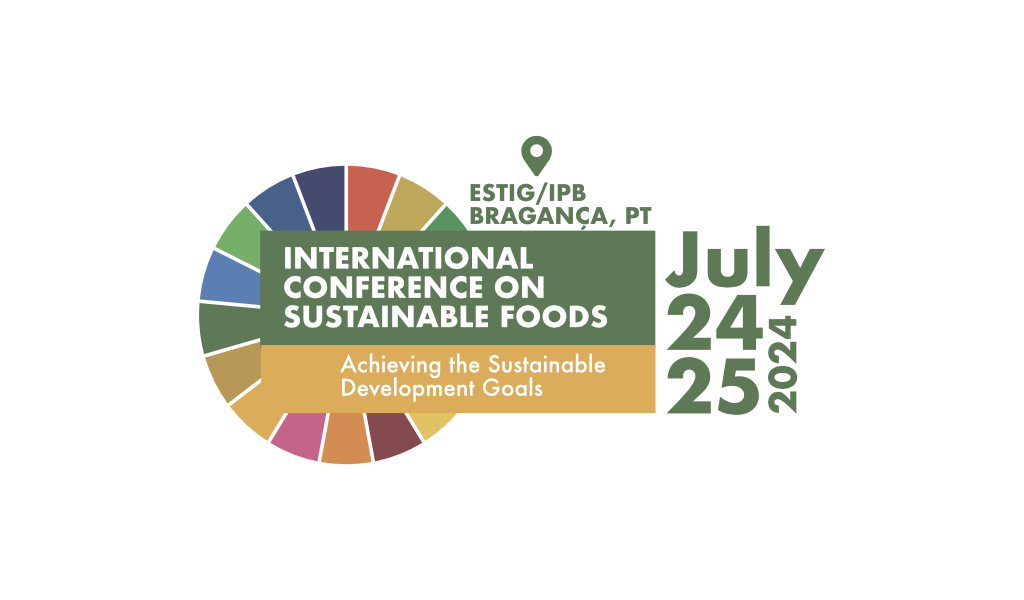
European consumers have become more attracted to food formulations with sustainable ingredients, as they are perceived as products of fine organoleptic properties with additional health promoting benefits. Moreover, it is necessary to maintain an effort to secure the 2030 target for all the UN Sustainable Development Goals, via both innovation efforts and dissemination of knowledge. Hence, a lot of R&D&I work has been done into a food value chain with innovative processes and new formulations that focus on the use of sustainable ingredients.
The 𝗜𝗻𝘁𝗲𝗿𝗻𝗮𝘁𝗶𝗼𝗻𝗮𝗹 𝗖𝗼𝗻𝗳𝗲𝗿𝗲𝗻𝗰𝗲 𝗼𝗻 𝗦𝘂𝘀𝘁𝗮𝗶𝗻𝗮𝗯𝗹𝗲 𝗙𝗼𝗼𝗱𝘀 – 𝗔𝗰𝗵𝗶𝗲𝘃𝗶𝗻𝗴 𝘁𝗵𝗲 𝗦𝘂𝘀𝘁𝗮𝗶𝗻𝗮𝗯𝗹𝗲 𝗗𝗲𝘃𝗲𝗹𝗼𝗽𝗺𝗲𝗻𝘁 𝗚𝗼𝗮𝗹𝘀 (𝗜𝗖𝗦𝗙) aims to disseminate knowledge regarding innovative processes and the development of sustainable food products. It brings together researchers, industry professionals, and consumers to share innovative ideas in this field and to present results from their work on this area with a special focus on the sustainable food innovation in the Mediterranean and the development of sustainable vegetable pulps formulations.
The 𝗜𝗻𝘁𝗲𝗿𝗻𝗮𝘁𝗶𝗼𝗻𝗮𝗹 𝗖𝗼𝗻𝗳𝗲𝗿𝗲𝗻𝗰𝗲 𝗼𝗻 𝗦𝘂𝘀𝘁𝗮𝗶𝗻𝗮𝗯𝗹𝗲 𝗙𝗼𝗼𝗱𝘀 – 𝗔𝗰𝗵𝗶𝗲𝘃𝗶𝗻𝗴 𝘁𝗵𝗲 𝗦𝘂𝘀𝘁𝗮𝗶𝗻𝗮𝗯𝗹𝗲 𝗗𝗲𝘃𝗲𝗹𝗼𝗽𝗺𝗲𝗻𝘁 𝗚𝗼𝗮𝗹𝘀 (𝗜𝗖𝗦𝗙) also presents itself as an opportunity to disseminate the results of three key projects for the Mediterranean region: PRIMA LocalNutLeg and Pulping and Interreg Transcolab Plus projects.
The LocalNutLeg project mail goal is to empower local Mediterranean nuts and legumes with a legal registered trademark (Protected Designation of Origin (PDO), Protected Geographical Indication (PGI)) or autochthonous identity through the development of innovative plant-based added-value food products tied to recover the attractiveness of the Mediterranean diet. The project aims to identify local nut and legumes varieties linked to Mediterranean gastronomic cultures, providing alternative-protein and maximum amount of nutrients and bioactive compounds and adopting them in Mediterranean diets through their use in plant-based dairy analogues, potential plant-based flours for bakery and pasta and added-value traditional ready-to-eat meals.
The PulpIng project has 11 partners from 6 different countries, which aims to stimulate and improve the sustainable valuation of pumpkin in African and European countries in an integrated and waste-free manner, using innovative processing and preservation technologies. The project is expected to generate an entire value chain, from nature to safe food products/ingredients, improving incomes, creating jobs and promoting local economies in the Mediterranean region.
Transcolab Plus is the continuation of the successful TransCoLab project. As a follow-up, TransCoLab Plus project aims to seek solutions against the significant food waste generated in the cereal processing industries through the development of new by-products and new utilization processes. To meet this objective, the strengthened and dynamization of the already existing cross-border network is needed. It will result in the generation of new knowledge and development of innovative techniques based on sustainable practices. All of this, in turn, pursues having a positive impact in the economic sector and the population in the cooperation area.
Moreover, the 𝗜𝗻𝘁𝗲𝗿𝗻𝗮𝘁𝗶𝗼𝗻𝗮𝗹 𝗖𝗼𝗻𝗳𝗲𝗿𝗲𝗻𝗰𝗲 𝗼𝗻 𝗦𝘂𝘀𝘁𝗮𝗶𝗻𝗮𝗯𝗹𝗲 𝗙𝗼𝗼𝗱𝘀 – 𝗔𝗰𝗵𝗶𝗲𝘃𝗶𝗻𝗴 𝘁𝗵𝗲 𝗦𝘂𝘀𝘁𝗮𝗶𝗻𝗮𝗯𝗹𝗲 𝗗𝗲𝘃𝗲𝗹𝗼𝗽𝗺𝗲𝗻𝘁 𝗚𝗼𝗮𝗹𝘀 (𝗜𝗖𝗦𝗙) will feature several international projects, represented by their respective coordinators, namely PRIMA Foundation Medacornet, Promedlife, Artisanefood, Proximed, Trace-Rice, Inovfarmer.Med and Funtomp projects, and Horizon Europe Wasteless project.
LOCATION
The congress will be held at the School of Technology and Management (ESTiG) of the Polytechnic Institute of Bragança on July 24th and 25th of 2024.
COMMITTEES
Scientific Committee

Alexandre Gonçalves
(MORE, Portugal)

João Barreira
(IPB, Portugal)
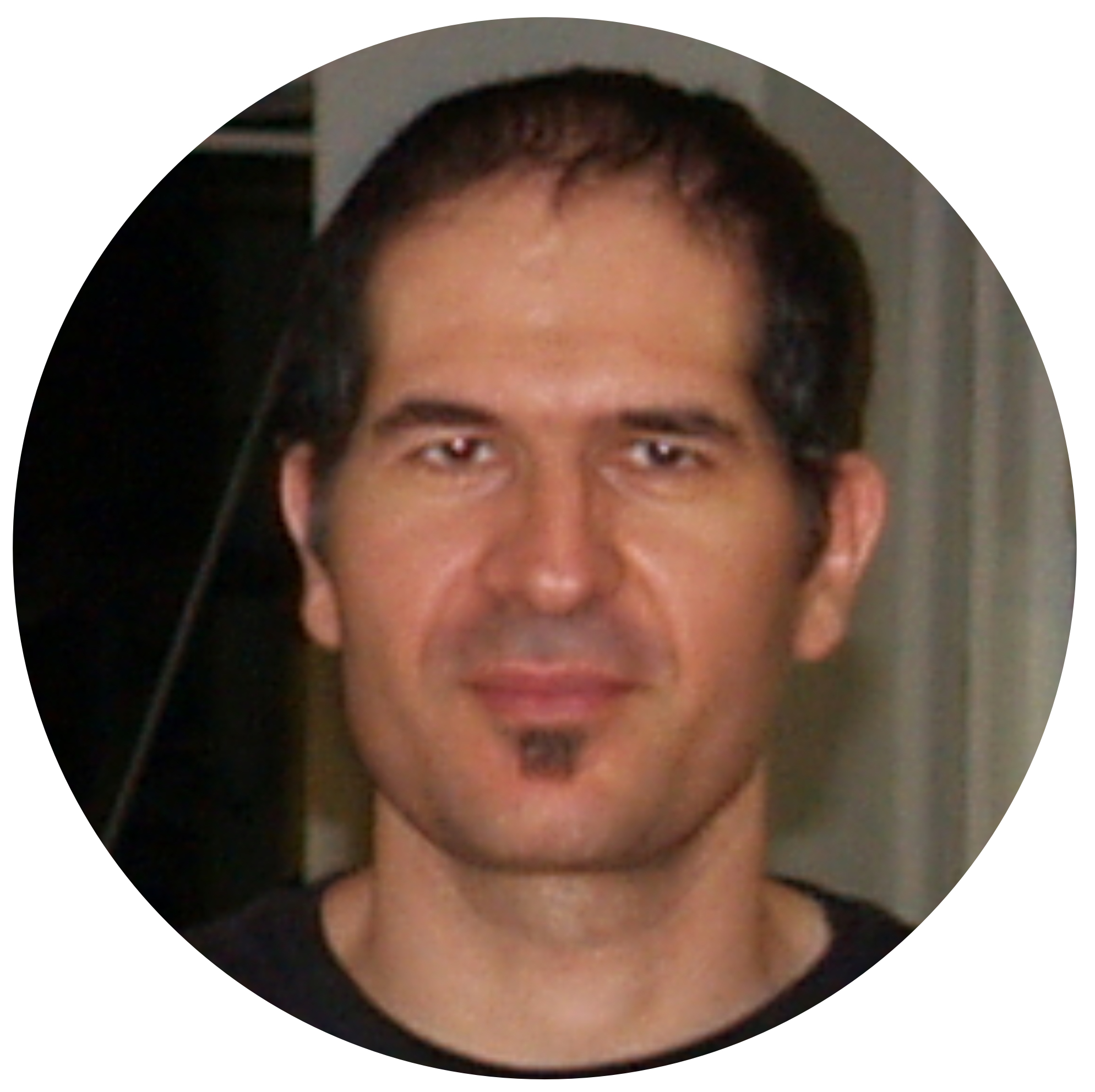
Spyridon Petropoulos
(UTH, Greece)
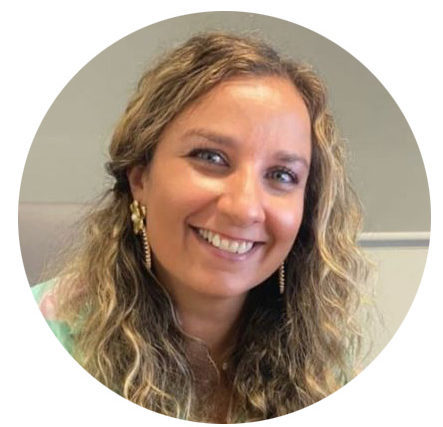
Lillian Barros
(CIMO/IPB, Portugal)
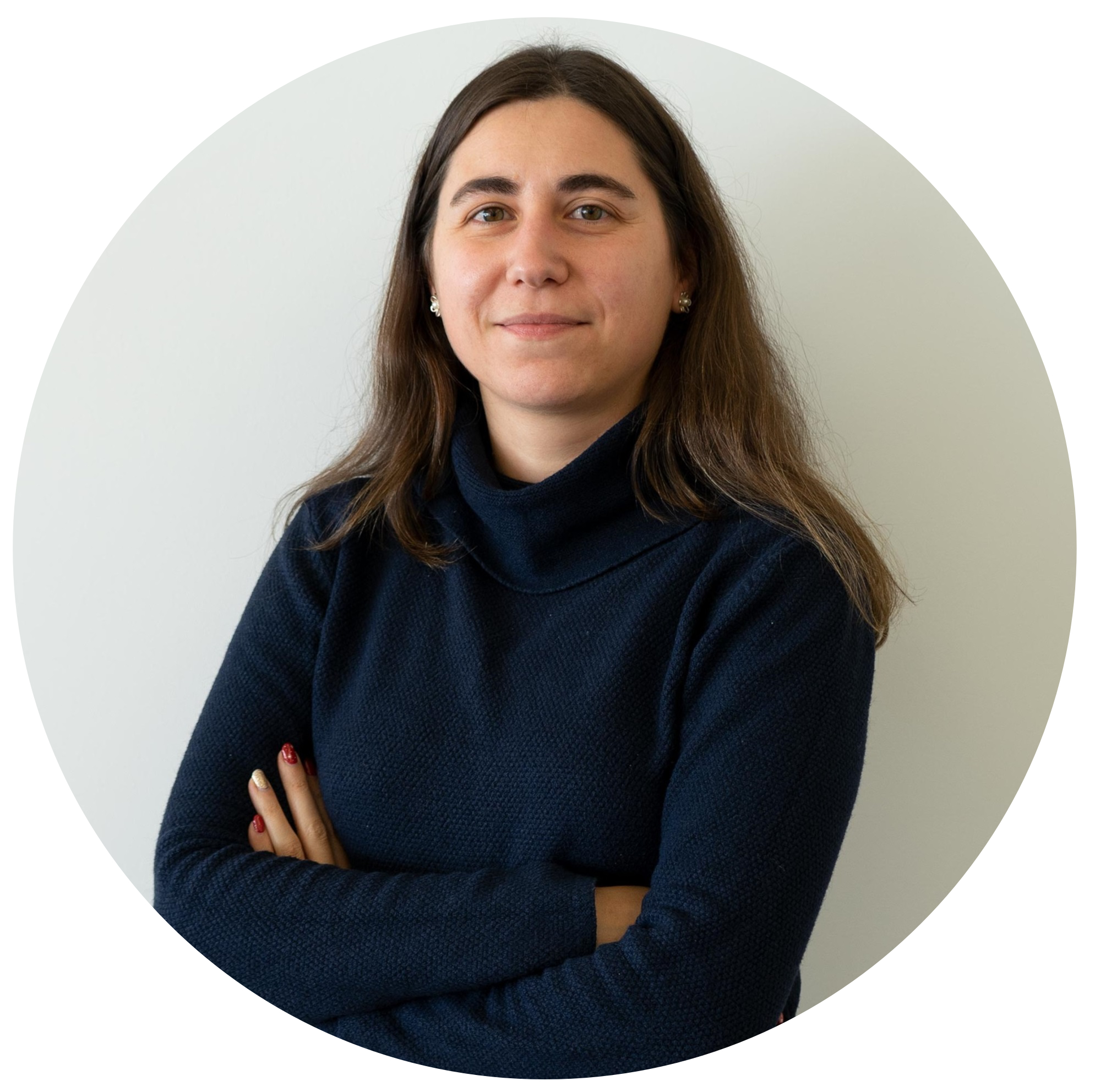
Ermelinda Silva
(MORE, Portugal)

Oliver Schlüter
(ATB, Germany)
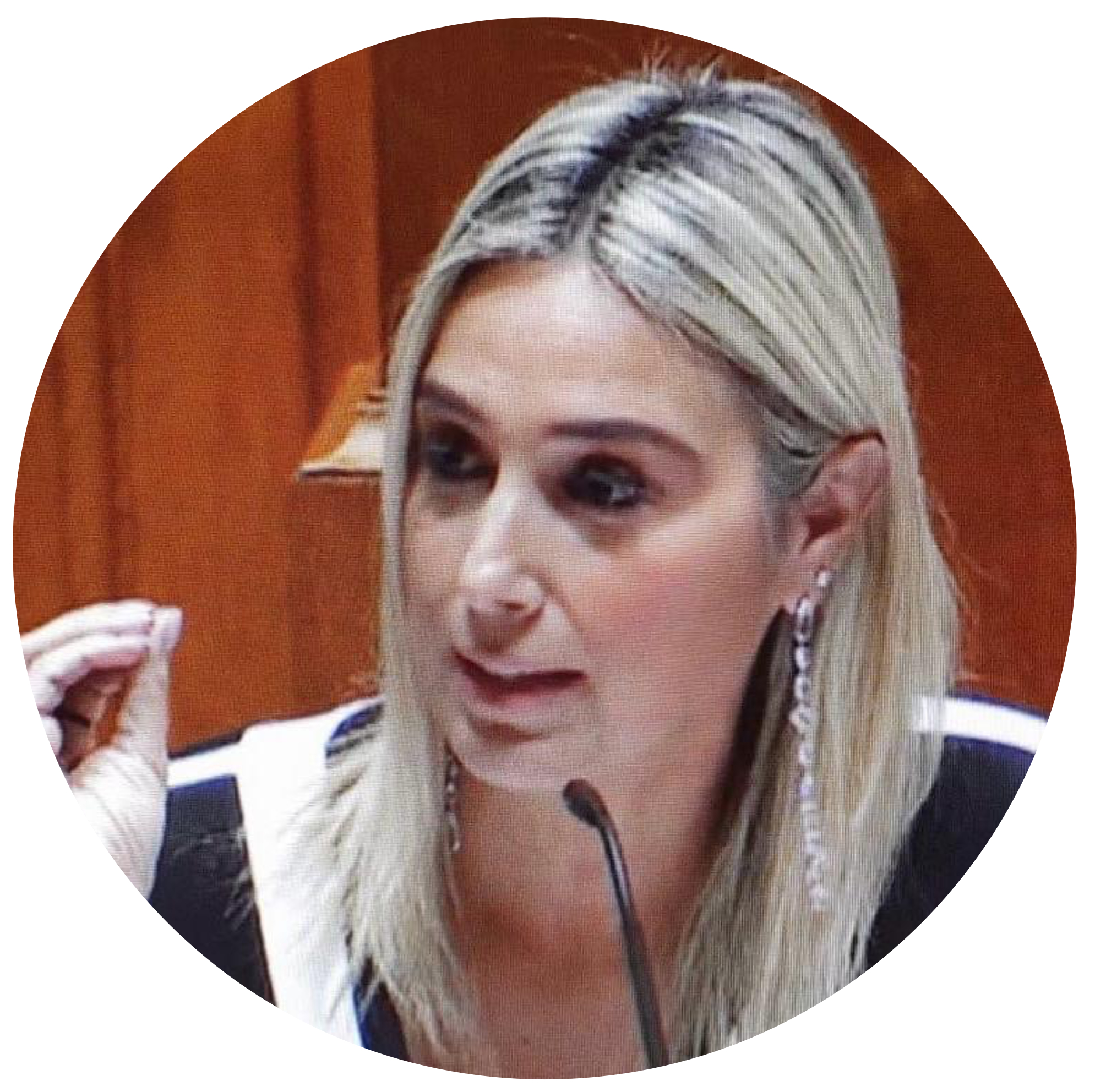
Isabel Ferreira
(IPB and Member of the Portuguese Parliament, Portugal)

Luana Fernandes
(MORE, Portugal)
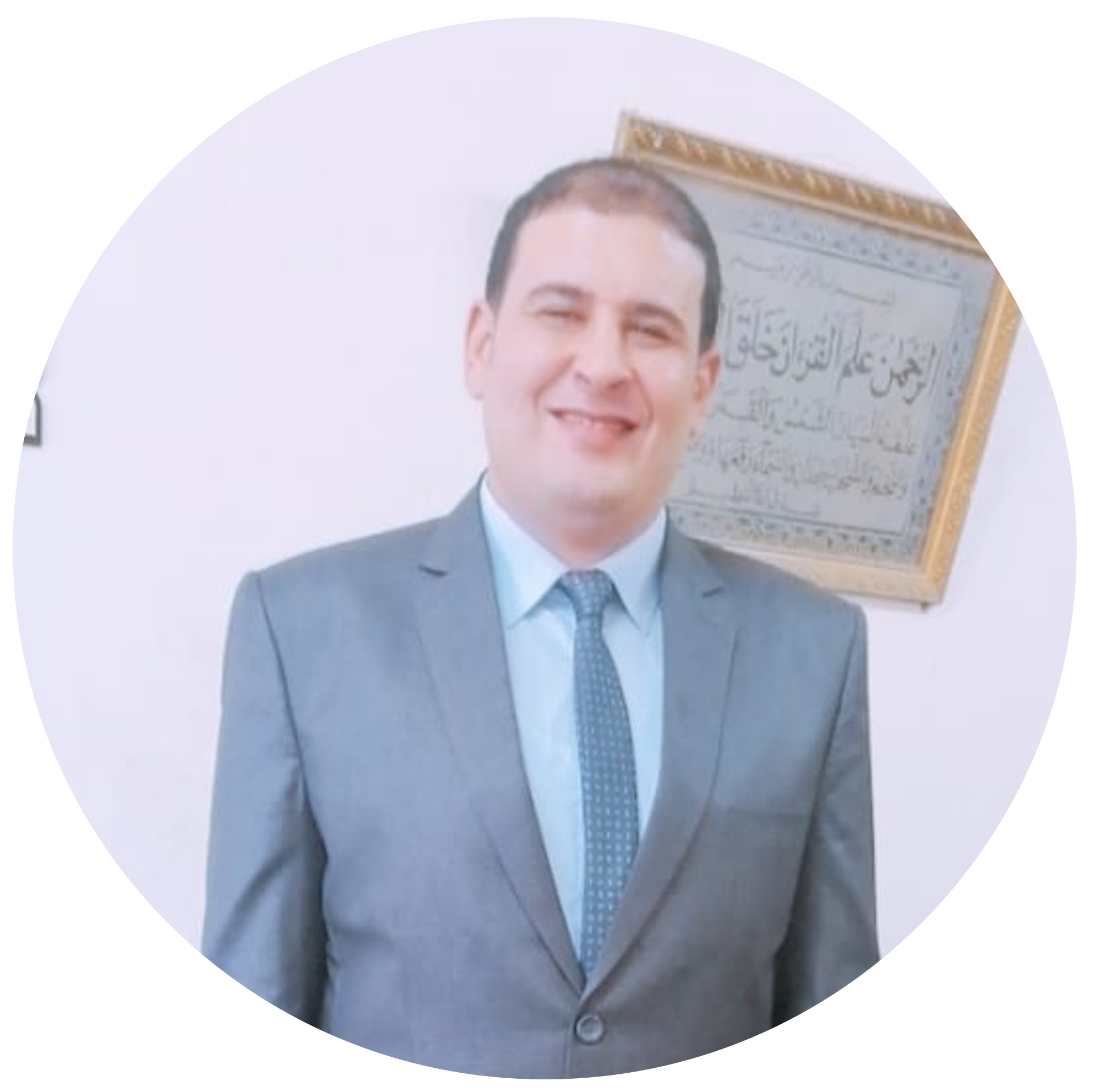
Mustafa Mohamed
(BU, Egypt)
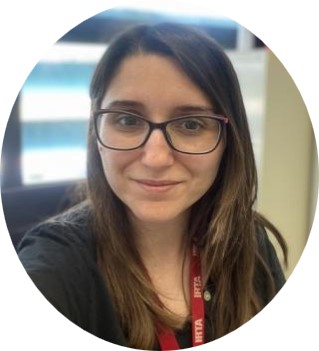
Ingrid Aguilo
(IRTA, Spain)
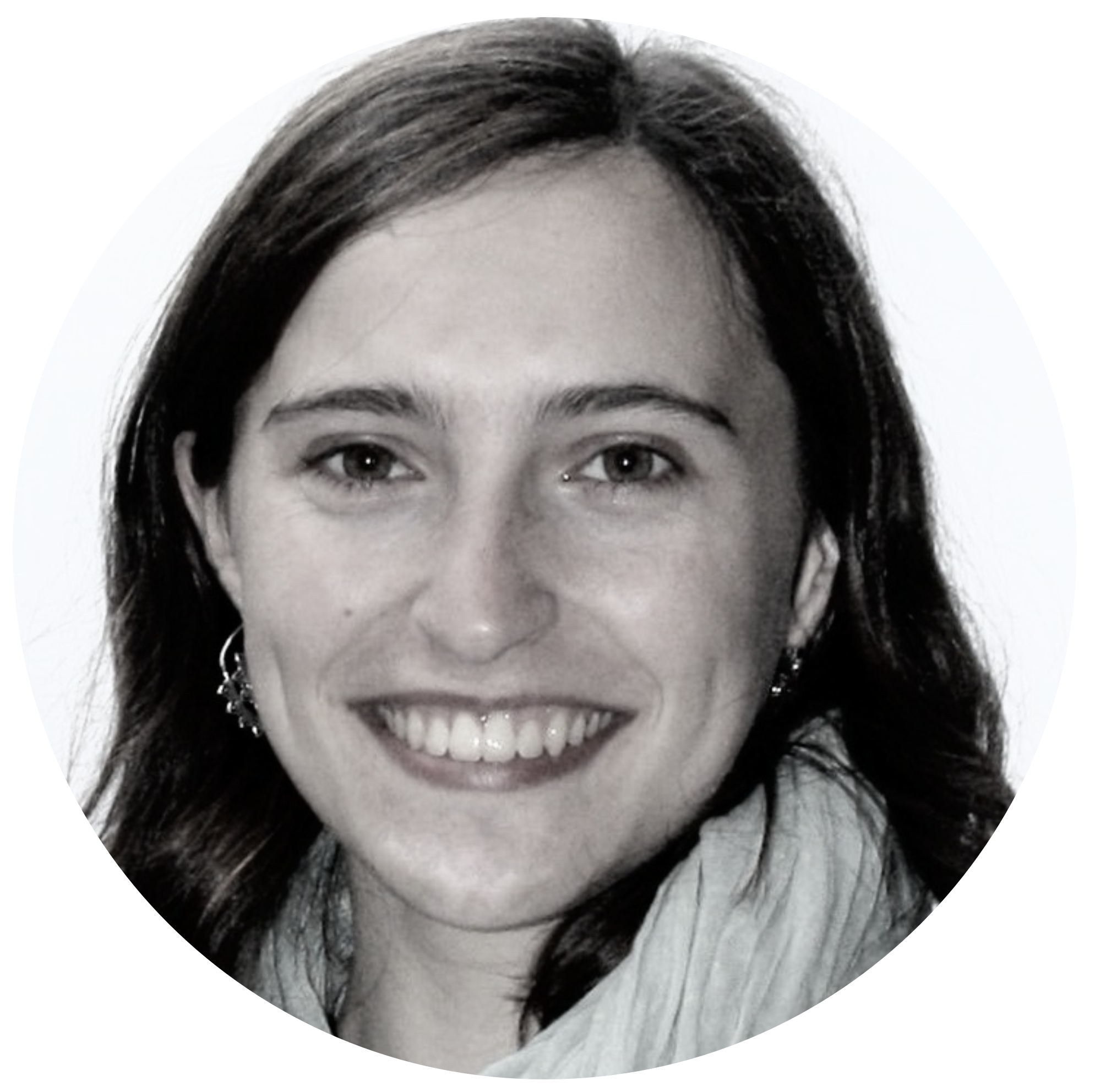
Isabel Oliveira
(Decorgel, Portugal)

Khaldoun Bachari
(CRAPC, Algeria)

Manuel Pallarés
(Universidade de Valladolid, Spain)

Riadh Ksouri
(CBBC, Tunisia)
Organizing Committee

Lillian Barros
(CIMO/IPB, Portugal)

Alexandre Gonçalves
(MORE, Portugal)

Luana Fernandes
(MORE, Portugal)
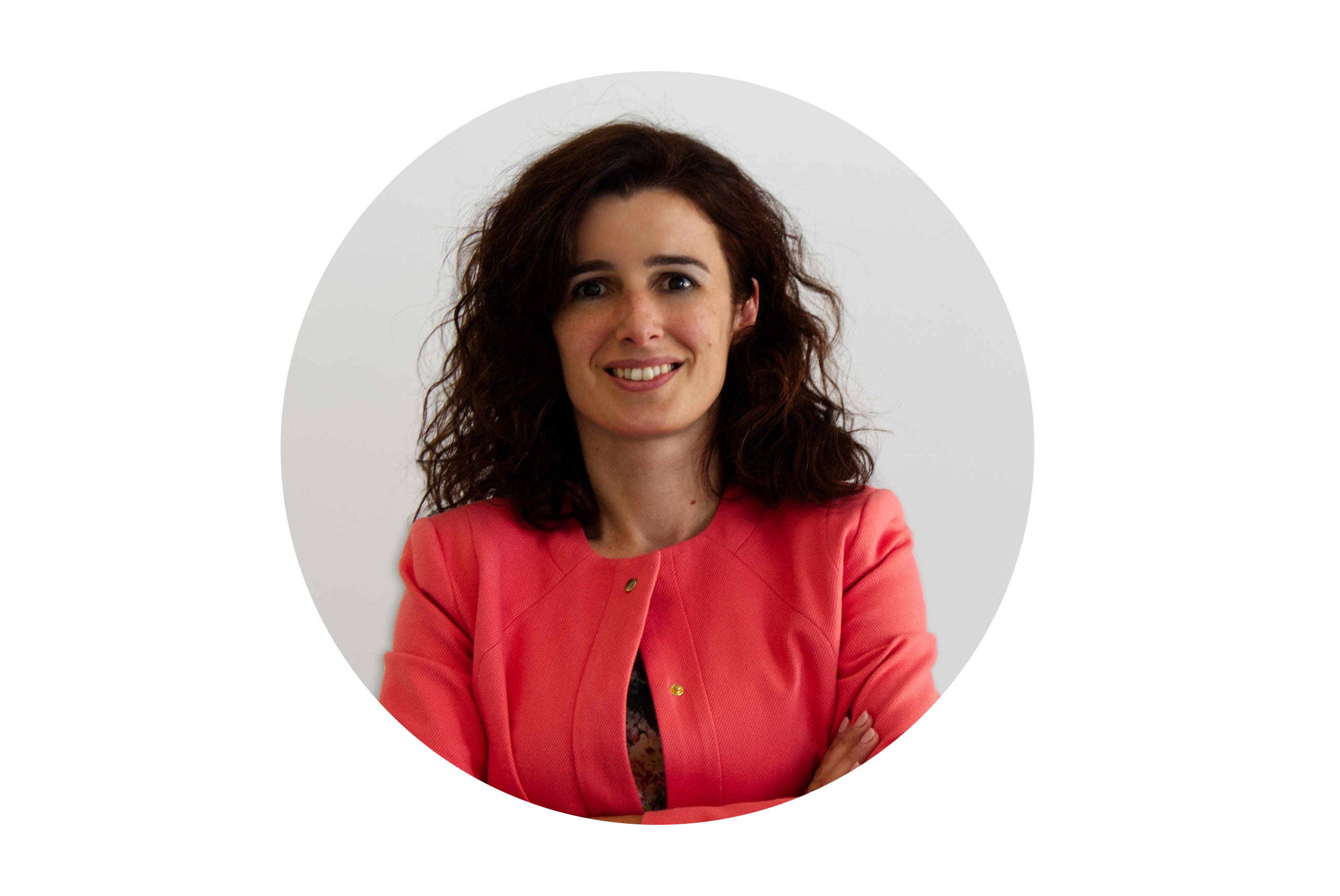
Ana Paula Pereira
(MORE, Portugal)

Ermelinda Silva
(MORE, Portugal)

João Pinto
(MORE, Portugal)
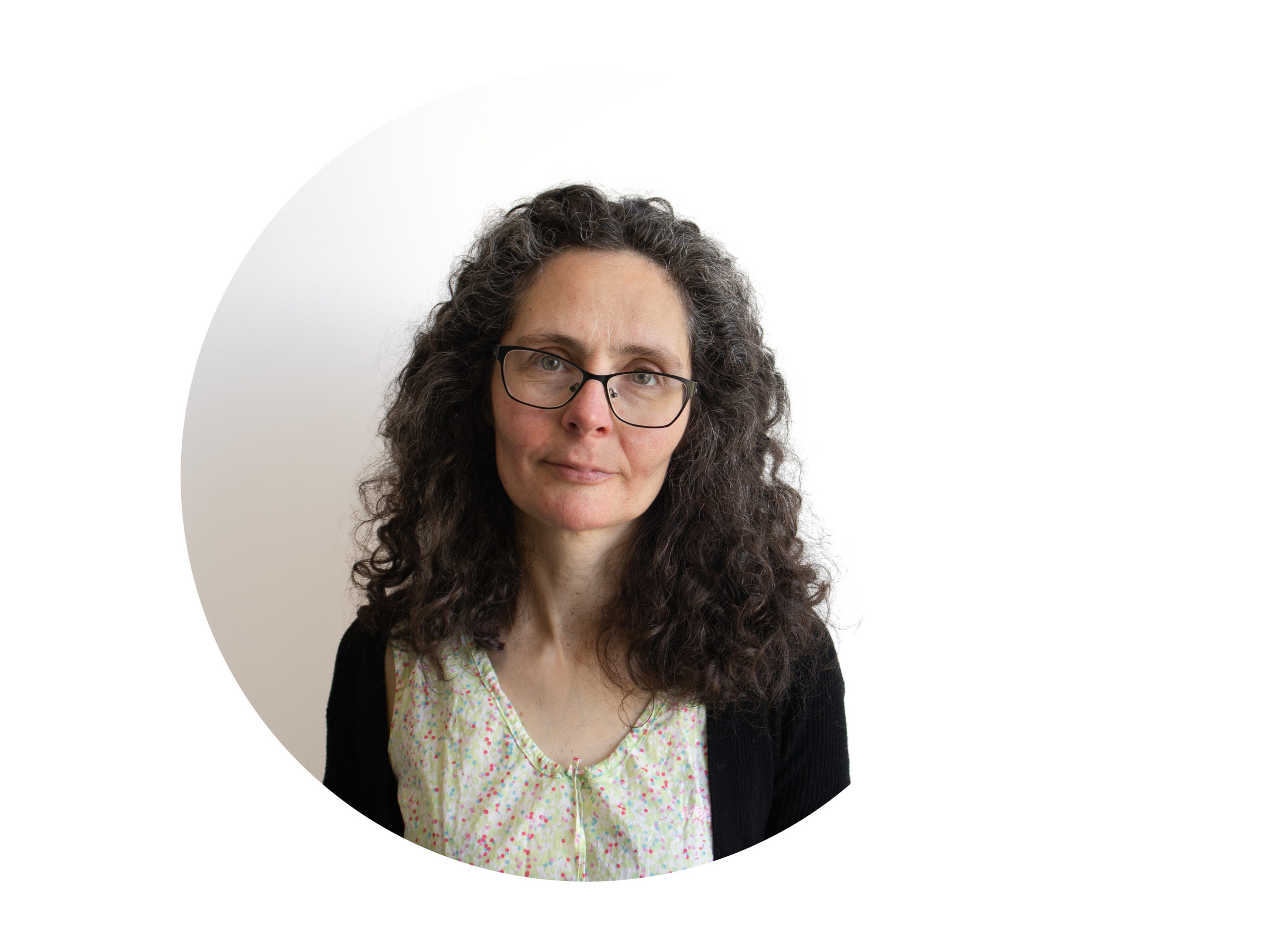
Natércia Fernandes
(MORE, Portugal)
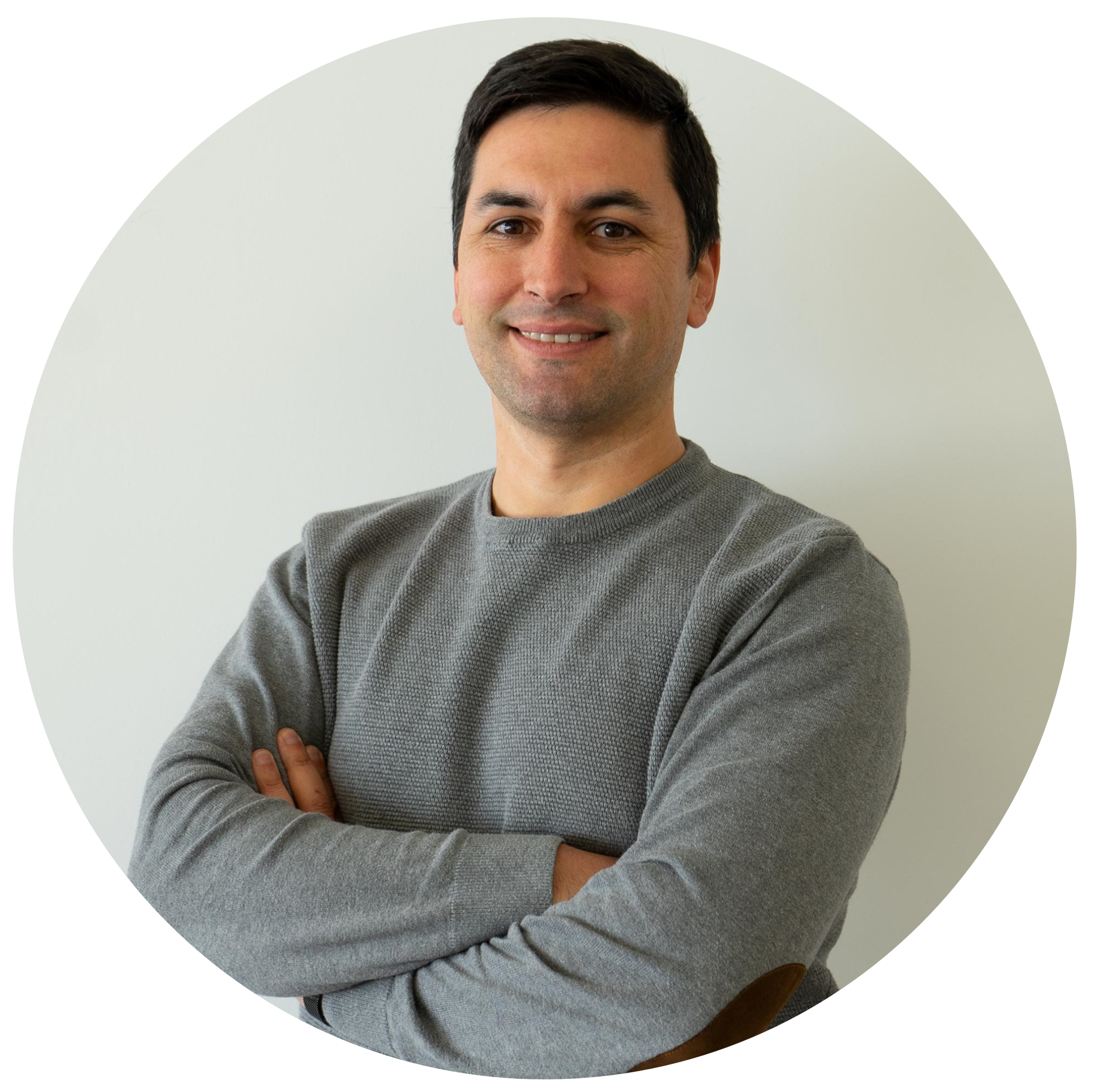
Luís Rocha
(MORE, Portugal)
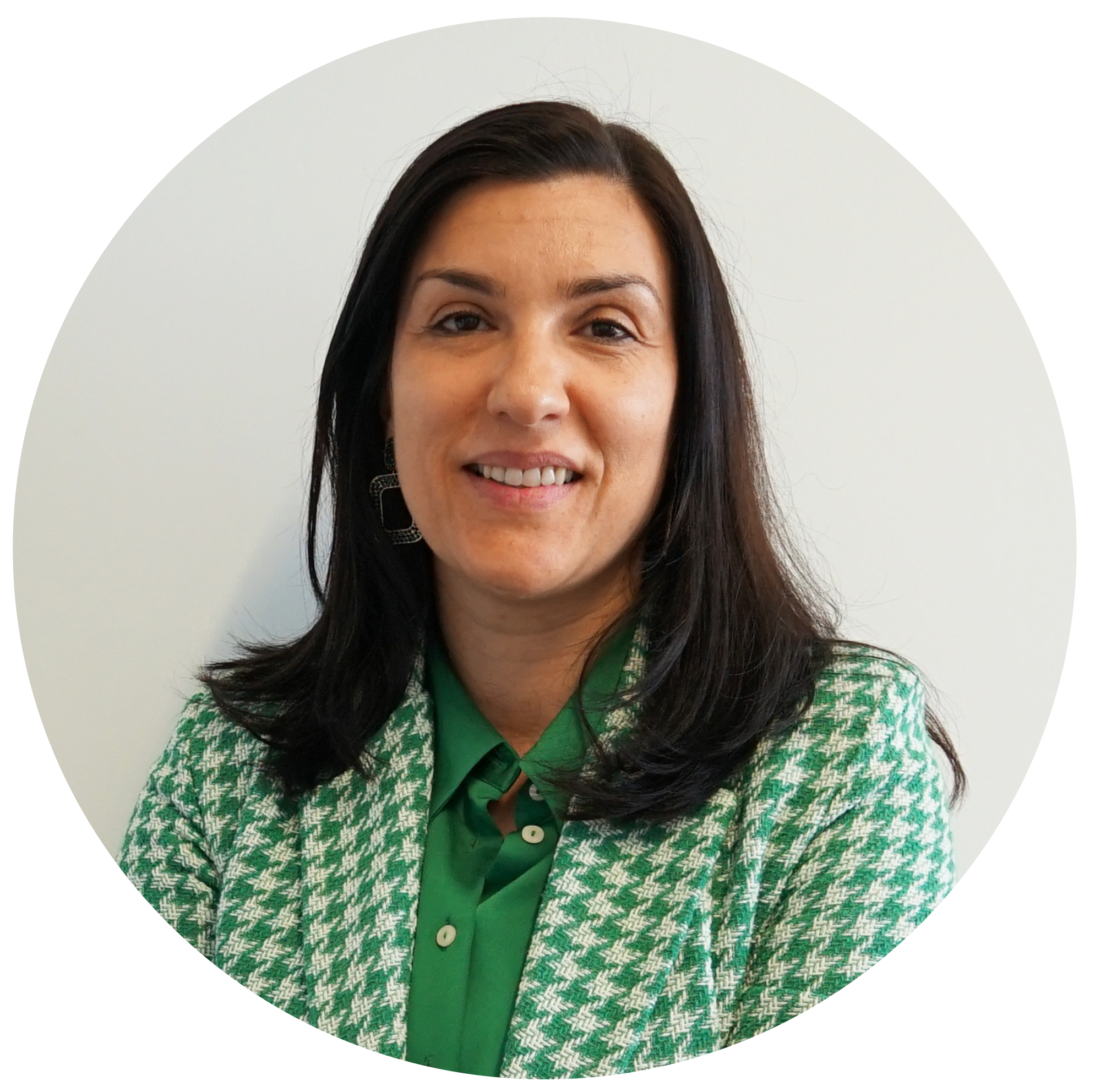
Fátima Martins
(MORE, Portugal)

Luís Silva
(MORE, Portugal)
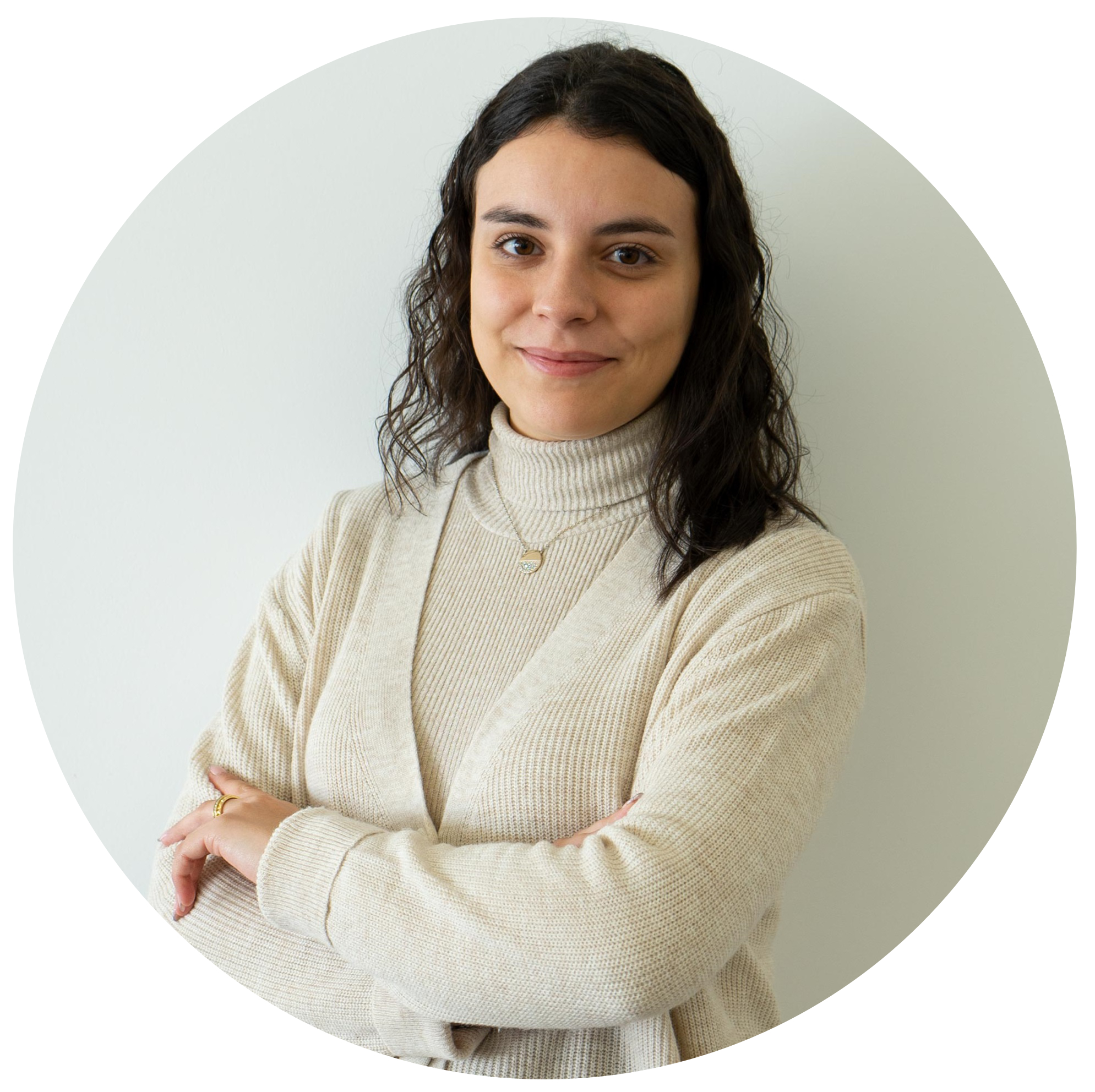
Luciana Cabeceiro Silva
(MORE, Portugal)
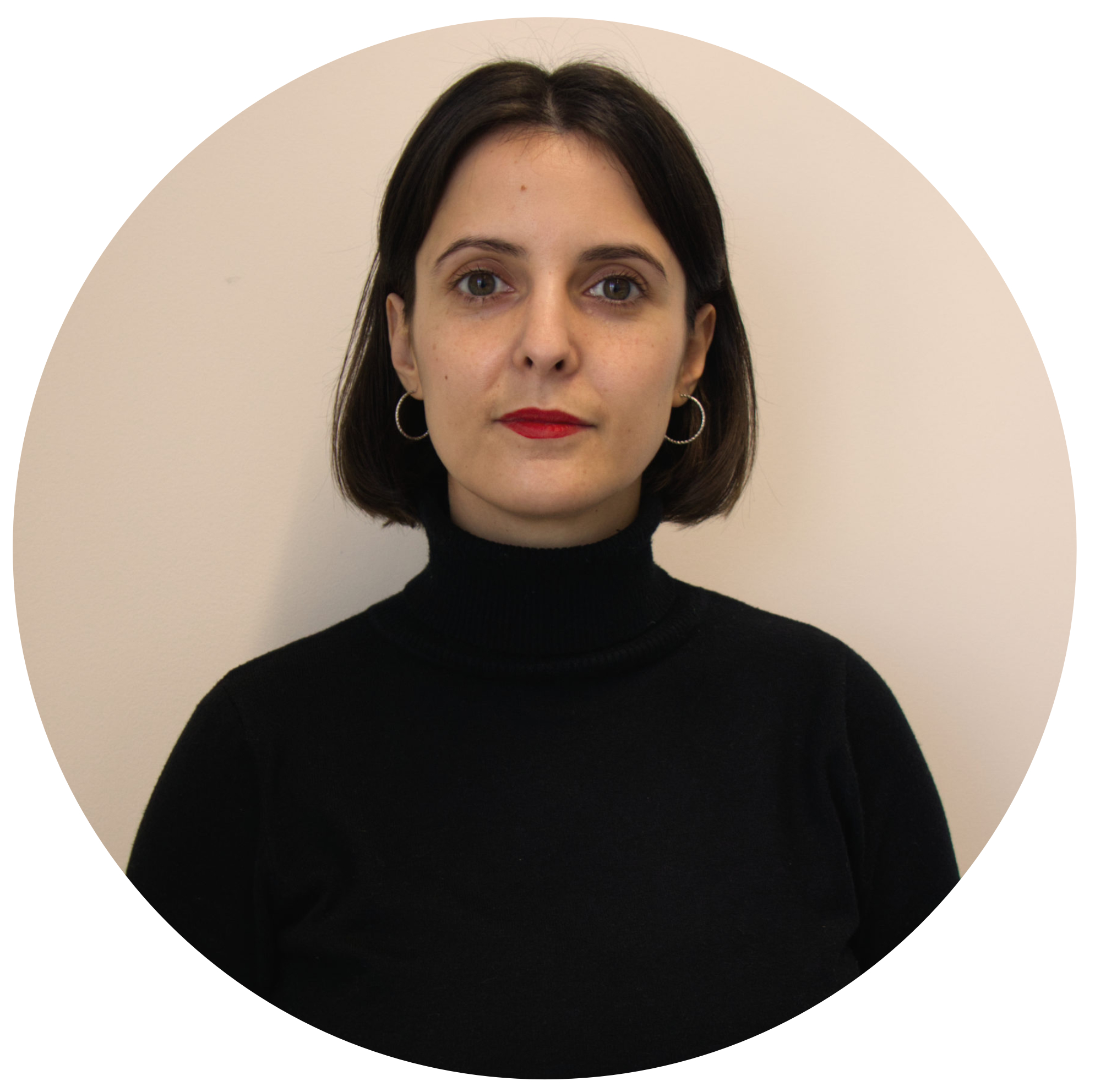
Bárbara Matias
(MORE, Portugal)
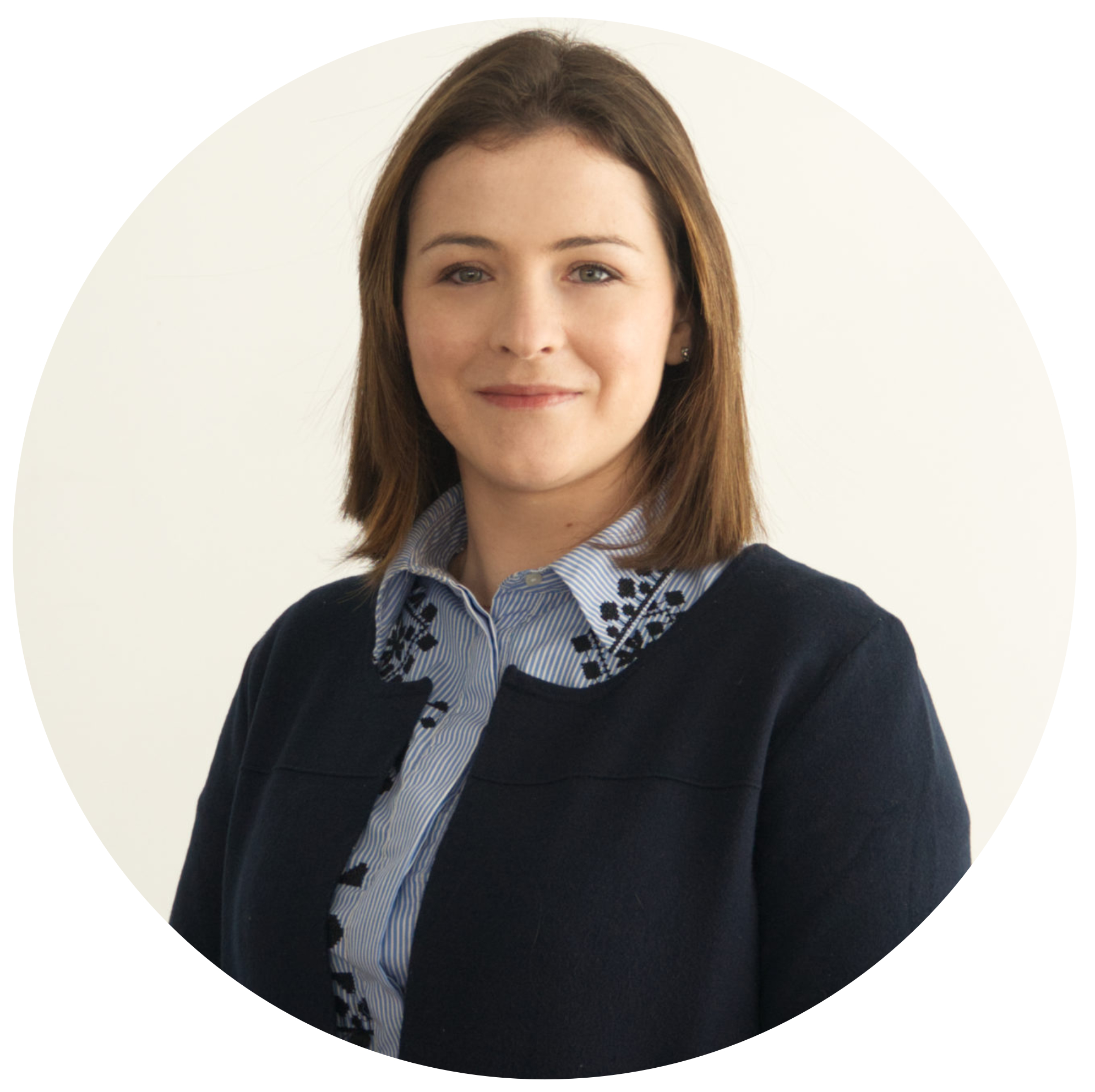
Natacha Pinto
(MORE, Portugal)
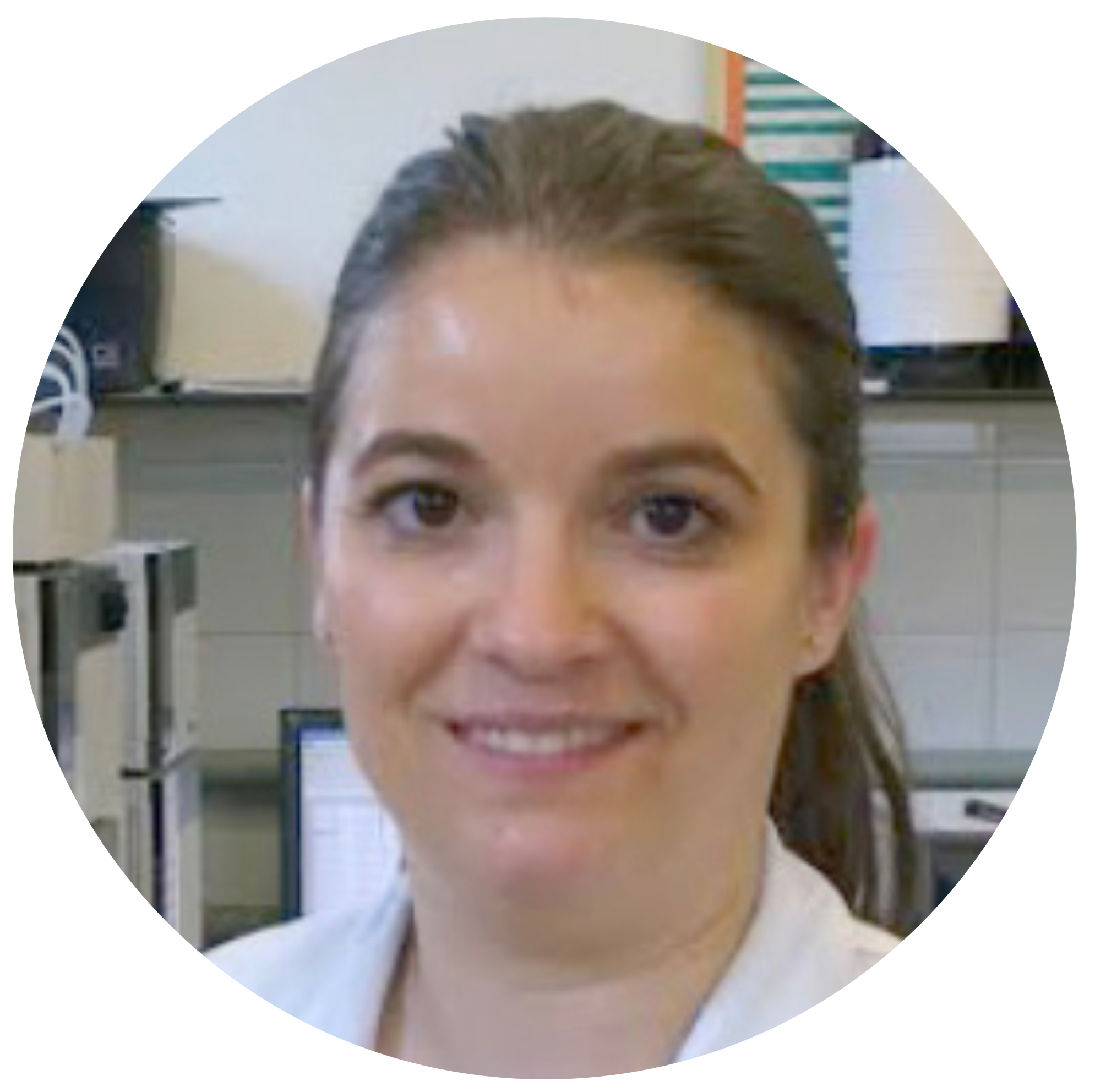
Tânia Pires
(CIMO/IPB, Portugal)
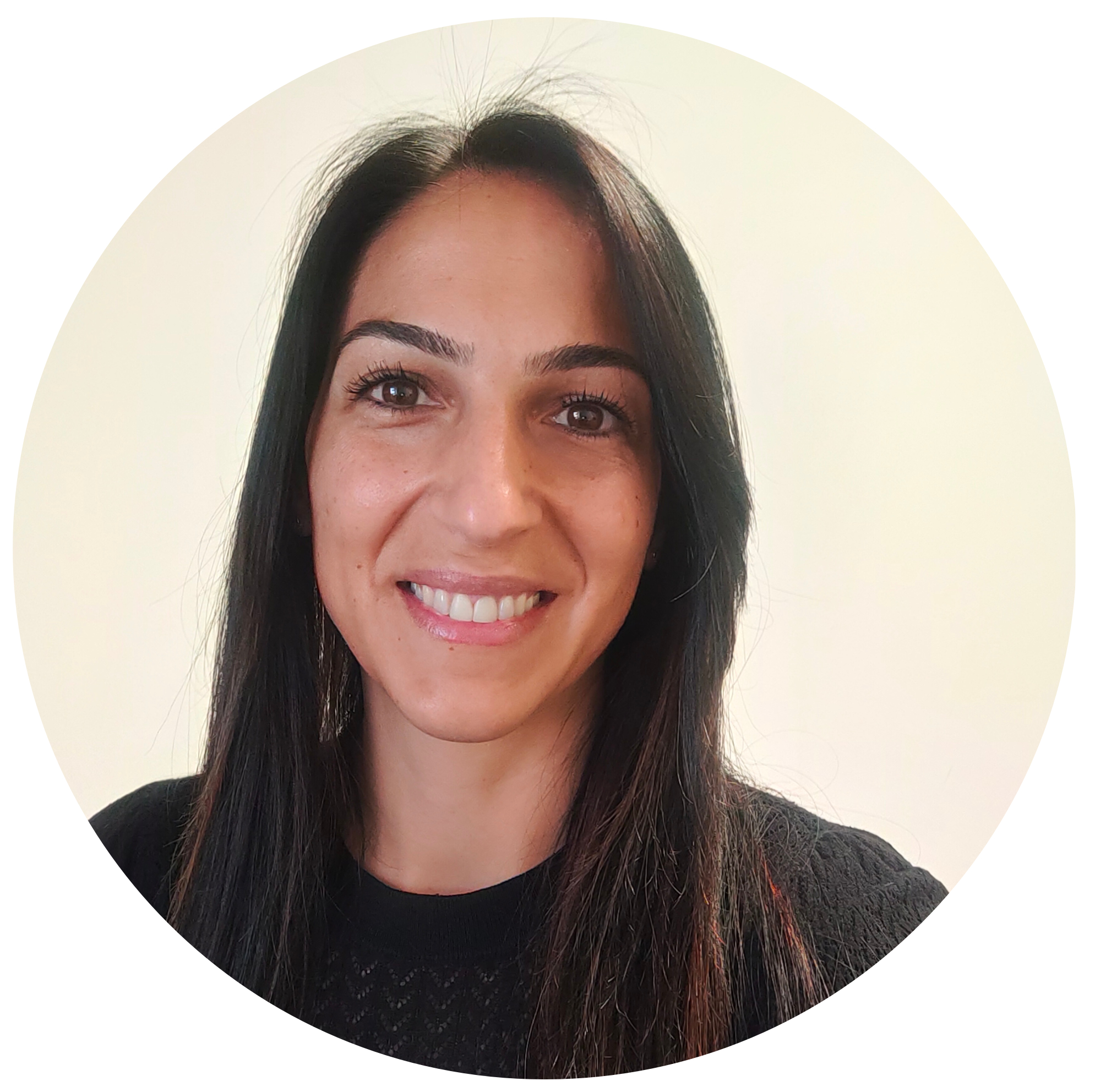
Carla Pereira
(CIMO/IPB, Portugal)
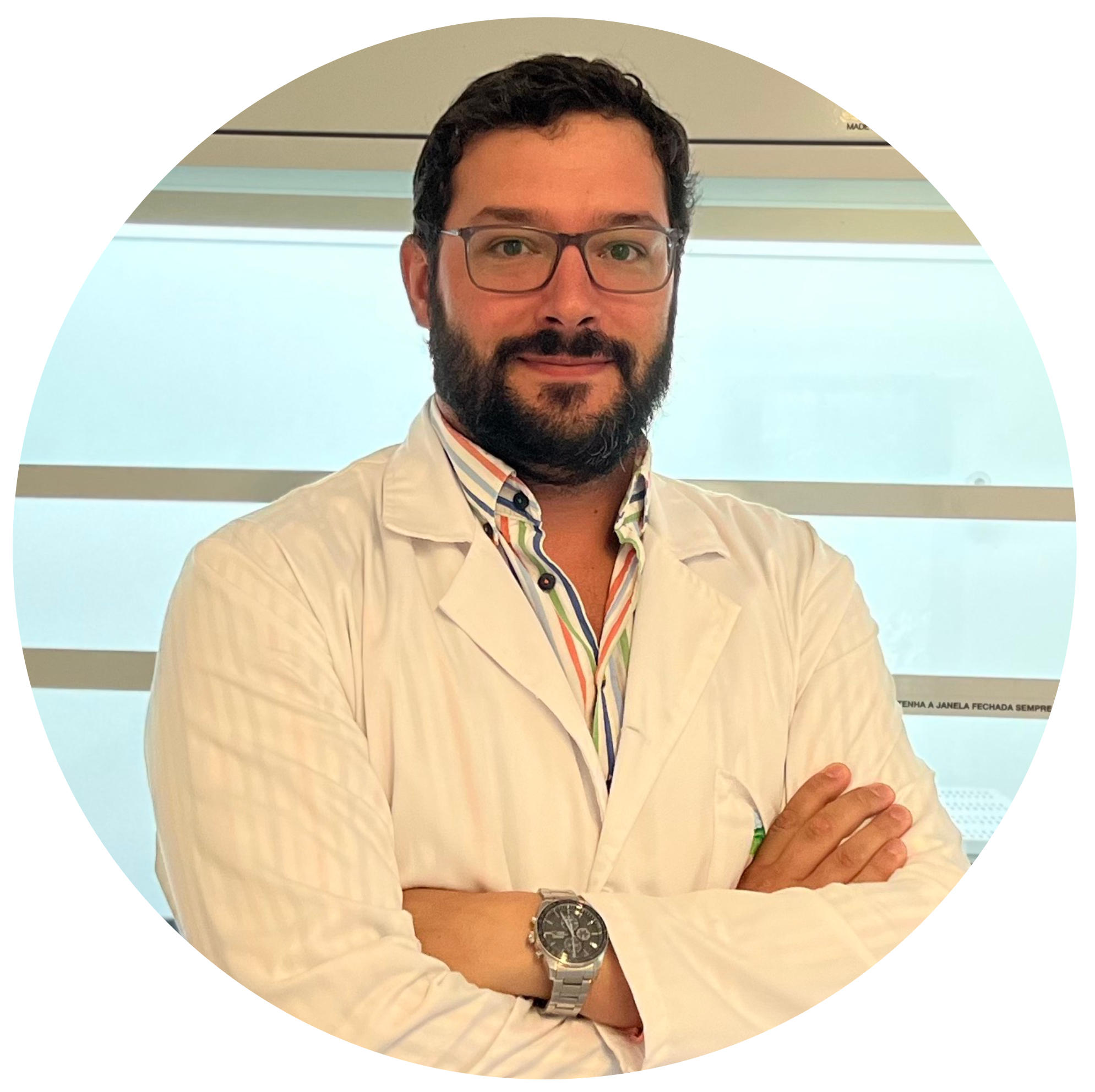
Márcio Carocho
(CIMO/IPB, Portugal)

Sandrina Heleno
(CIMO/IPB, Portugal)
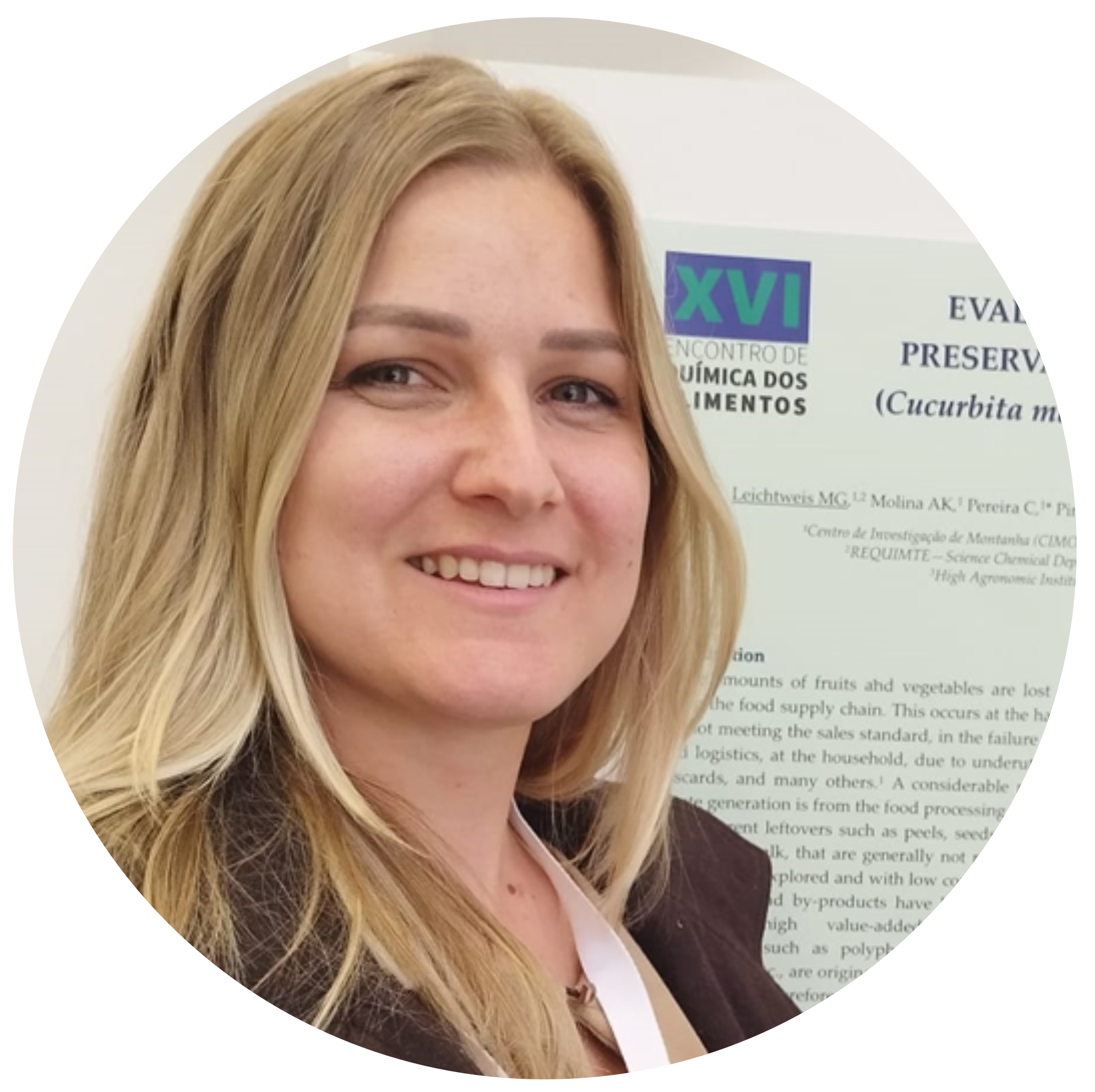
Maria Gabriela
(CIMO/IPB, Portugal)

Adriana Molina
(CIMO/IPB, Portugal)

João Barreira
(IPB, Portugal)

Eliana Pereira
(IPB, Portugal)

Filipa Mandim
(IPB, Portugal)